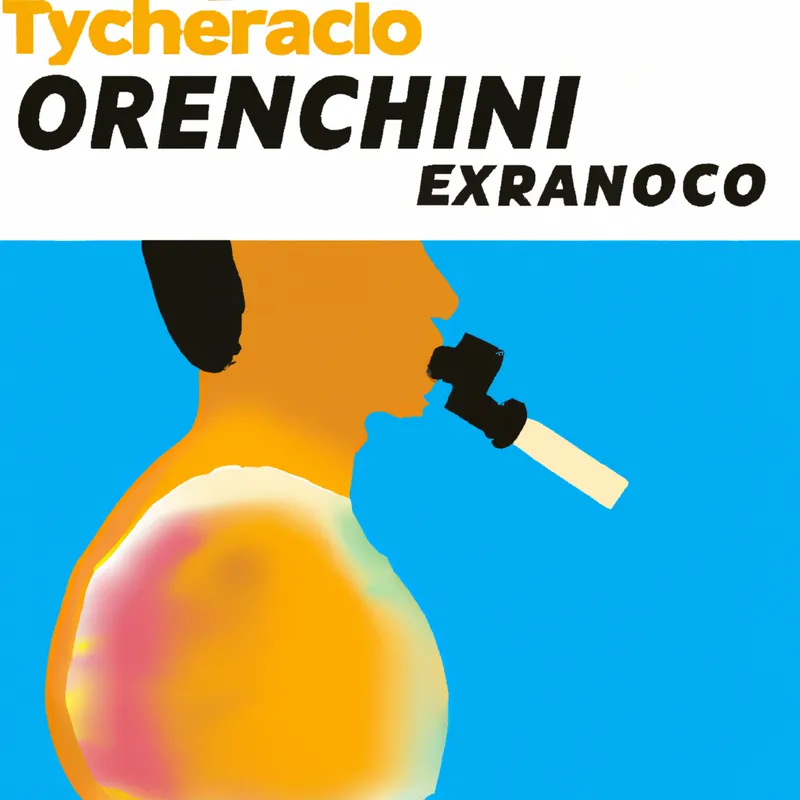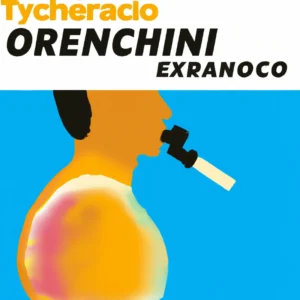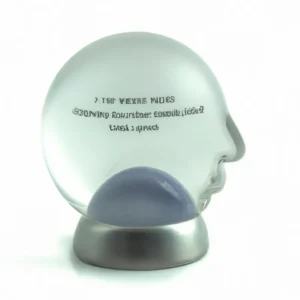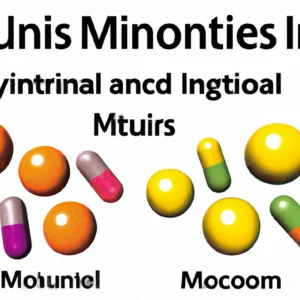**”The Role of Nutrient Timing in Recovery: How Specific Meal Timing Influences Muscle Repair and Growth After Intense Training”**
# The Role of Nutrient Timing in Recovery: How Specific Meal Timing Influences Muscle Repair and Growth After Intense Training
In the world of fitness and athletic performance, the concept of nutrient timing has gained significant traction among athletes and fitness enthusiasts alike. Nutrient timing refers to the strategic consumption of food and supplements relative to the timing of exercise, aimed at maximizing recovery and promoting muscle repair and growth. After intense training sessions, the body undergoes a series of physiological changes, and the timing of nutrient intake can profoundly influence recovery outcomes. This blog post will explore the science behind nutrient timing, provide practical nutrition and exercise advice, and highlight the health benefits associated with optimizing meal timing.
## Understanding Nutrient Timing
### The Importance of Recovery
Recovery is a critical component of any training regimen. Intense workouts can lead to muscle micro-tears and depletion of glycogen stores, necessitating a structured recovery process. Nutrient timing plays a pivotal role in this process by dictating when the body receives the nutrients it needs to repair and grow stronger.
### The Anabolic Window
One of the central concepts in nutrient timing is the “anabolic window,” a period post-exercise during which the body is particularly receptive to nutrient intake. This window usually lasts about 30 to 60 minutes after a workout, although some studies suggest it could extend up to several hours. During this time, insulin sensitivity is heightened, and the body can efficiently utilize carbohydrates and proteins to replenish glycogen and support muscle repair.
## Nutrition Tips
### Post-Workout Nutrition
1. **Prioritize Protein**: Aim for 20-30 grams of high-quality protein within 30 minutes of completing your workout. Sources like whey protein, chicken, or Greek yogurt are excellent options.
2. **Incorporate Carbohydrates**: Pair your protein with carbohydrates to replenish glycogen stores. A 3:1 ratio of carbohydrates to protein is often recommended, which could mean consuming a banana with your protein shake or a rice bowl with chicken.
3. **Stay Hydrated**: Rehydration is crucial following intense training. Drink water or electrolyte-rich fluids to restore balance and support recovery.
4. **Consider Timing for Other Meals**: Beyond the immediate post-workout meal, ensuring balanced nutrition throughout the day can further enhance recovery. Aim for a mix of macronutrients in your subsequent meals.
## Exercise Advice
### Structure Your Workouts
1. **Plan Intensity and Volume**: Incorporate varied intensities in your training schedule. A mix of high-intensity and lower-intensity workouts can help manage fatigue and optimize recovery.
2. **Include Active Recovery Days**: Engage in light activities such as walking, yoga, or swimming on rest days to promote blood flow and facilitate recovery without putting additional strain on your muscles.
3. **Monitor Your Body**: Listen to your body and adjust your workout intensity based on how you feel. Fatigue can signal a need for more recovery time or adjustments in your nutrient intake.
## Health Benefits
### Enhanced Muscle Repair and Growth
By optimizing nutrient timing, athletes can significantly improve muscle repair and growth. The combination of protein and carbohydrates post-workout aids in muscle protein synthesis, rebuilding damaged muscle fibers and leading to increased muscle mass over time.
### Improved Performance
Proper nutrient timing not only supports recovery but also enhances overall athletic performance. Well-nourished muscles lead to better endurance, strength, and power during subsequent workouts, ultimately contributing to long-term fitness gains.
### Reduction of Injury Risk
Inadequate recovery can increase the risk of injury. By implementing effective nutrient timing strategies, athletes can improve their recovery process, reducing the likelihood of strains, sprains, and other injuries associated with overtraining.
### Better Overall Health
A focus on nutrient timing encourages a balanced diet rich in essential nutrients. This holistic approach supports not just athletic performance but also overall health, promoting better sleep, enhanced immune function, and improved mood.
## Conclusion
In conclusion, nutrient timing is a vital strategy for optimizing recovery and promoting muscle repair and growth after intense training. By prioritizing post-workout nutrition, structuring workouts effectively, and understanding the health benefits associated with these practices, athletes can enhance their performance and foster a healthier lifestyle. Implementing these strategies will not only help you recover faster but also pave the way for long-term success in your fitness journey.















Post Comment